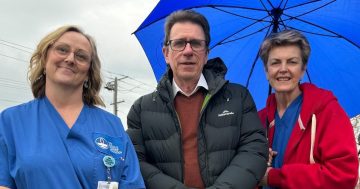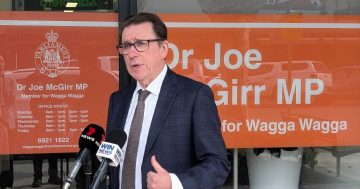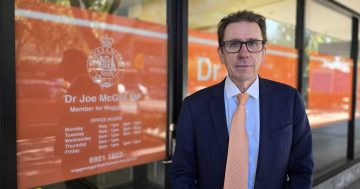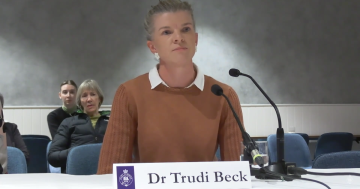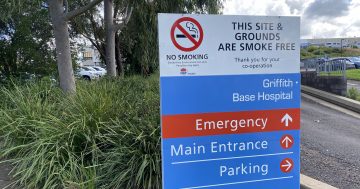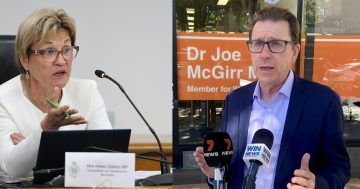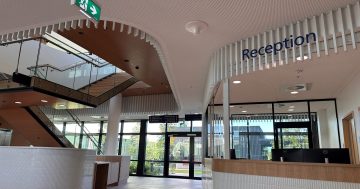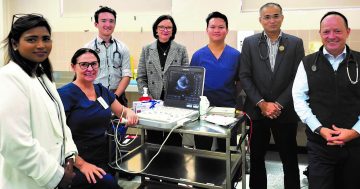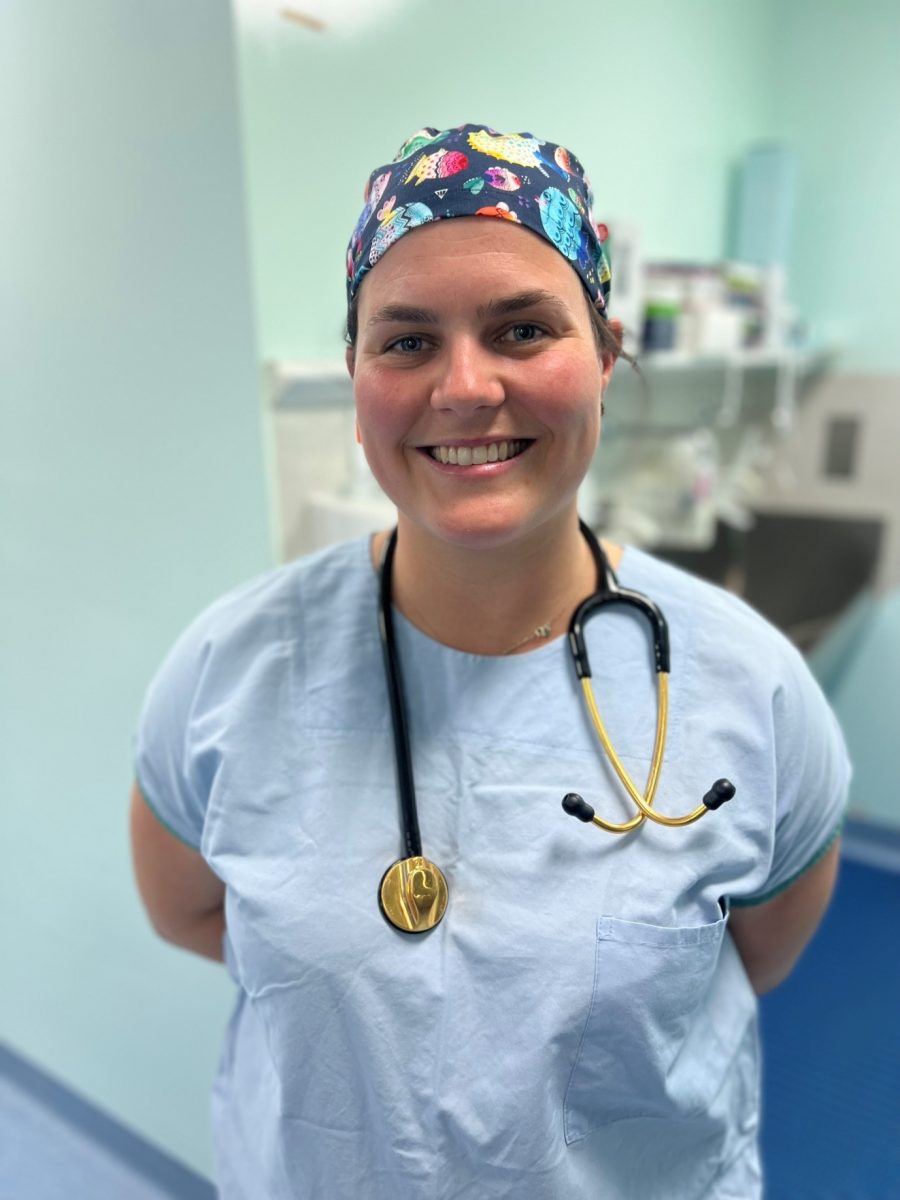
Dr Ariah Steel works as a GP registrar in the Murrumbidgee Rural Generalist Training Pathway at Deniliquin Hospital and Health Services. Photo: Murrumbidgee Local Health District.
Dr Ariah Steel used to travel an hour and a half every day to get to university for six years and now she is only a minute’s walk away from her work.
Dr Steel grew up in Sydney and attended Notre Dame University, and the now Deniliquin-based medico loves having diversity in her role.
“I’d hate to be doing the same thing every day,” Dr Steel said. ” I love that working here (Deniliquin Hospital and Health Services), I get to work in the ED, I work in the clinic, I do some obstetrics work, and I love the variety.
“I love the community. Every morning you go for a walk with the dogs, you go to the same coffee shop, and everyone knows you.
“You develop really good relationships with people in the community.”
Dr Steel works as a GP registrar in the Murrumbidgee Rural Generalist Training Pathway (MRGTP) as it suits her specific skills to work as a rural GP.
MRGTP is a Murrumbidgee Local Health District (MLHD), University of New South Wales Murrumbidgee Rural Training Hub, NSW Health and the Federal Ministry of Health initiative.
The training program provides candidates with advanced skills in areas such as anaesthetics, obstetrics, emergency medicine, palliative care and paediatrics.
The rural generalist training pathway gives GPs a four-to-six-year contract working across hospitals and GP clinics throughout the MLHD.
The doctors thrive, as they are faced with different challenges while working in more remote settings.
Dr Steel works three days a week in a GP clinic, is on the on-call roster and works one day in the local hospital emergency department under the program.
The program allows Dr Steel to interact more closely with patients and provide holistic care.
“The best thing is, I may see a patient who has come into emergency over the weekend, and instead of referring them back to their GP during the week, I am the GP they follow up with during the week when I am working in the clinic.”
Dr Steel rotates through a several hospitals and GP clinics throughout the local health district on a four-to-six-year contract.
MLHD said the employment contract was one of the reasons for the program’s success, as were the training and variety of challenges provided to junior GPs.







